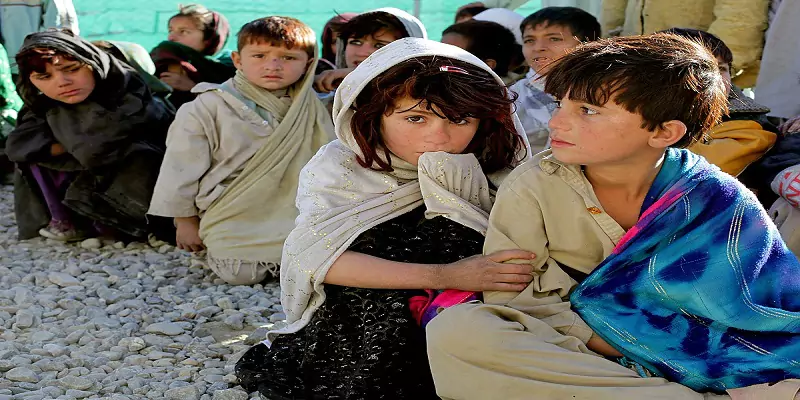Pashtoons
Pashtuns, also known as Pakhtuns or Pathans, are an ethnolinguistic group with a rich and diverse cultural heritage primarily residing in the Khyber Pakhtunkhwa (KPK) province of Pakistan. This comprehensive exploration aims to delve into the history, culture, traditions, language, and contemporary significance of the Pashtun community, providing a nuanced understanding of this vibrant and resilient group.
The history of the Pashtuns is deeply rooted in the ancient crossroads of Central and South Asia. The Pashtun region has witnessed the rise and fall of various empires, including the Mauryan and Gupta periods. The Pashtuns have historically been known for their resilience and resistance against external influences, contributing to the preservation of their distinct identity. The region has also played a crucial role in trade and cultural exchanges, being a gateway between the Indian subcontinent, Central Asia, and the Middle East.
The Pashtun heartland spans across Afghanistan and Pakistan, with a significant population residing in the KPK province. The rugged and mountainous terrain has not only shaped the identity of the Pashtuns but also influenced their lifestyle, emphasizing self-sufficiency and a deep connection to the land. The geographic location of the Pashtun region has historically made it a strategic crossroads for trade and cultural interactions.
Pashtun culture is characterized by a code of conduct known as Pashtunwali, which encompasses various principles, including hospitality (Melmastia), justice (Nanawati), and protection of honor (Nang). The Pashtuns take great pride in their traditional music, dance, and storytelling. The Pashto language, an integral part of their identity, is spoken and cherished across the Pashtun diaspora. Traditional attire, including the distinctive Pashtun cap (Pakol), adds to the cultural richness.
Pashtun society is organized along tribal lines, with each tribe having its own set of traditions and codes. The tribal structure plays a significant role in the social and political life of the Pashtuns. Jirgas, or councils of elders, have traditionally served as decision-making bodies within the tribes, resolving disputes and maintaining order. The Pashtun social structure places a strong emphasis on familial bonds and collective responsibility.
Hospitality is a cornerstone of Pashtun culture, and guests are treated with utmost respect and generosity. Pashtunwali, the ancient ethical code, guides the conduct of Pashtuns in various aspects of life. The concept of Badal (revenge) and Nanawati (seeking refuge) are integral parts of Pashtunwali, reflecting the importance of justice and protection within the community.
Pashto, an Indo-European language, serves as the mother tongue of the Pashtun people. It is spoken not only in the KPK province of Pakistan but also in Afghanistan and among Pashtun diaspora communities around the world. The preservation of the Pashto language is crucial to maintaining the cultural distinctiveness of the Pashtun community.
The majority of Pashtuns practice Islam, with Sunni Islam being the predominant sect. Islamic traditions influence various aspects of Pashtun life, from daily rituals to societal norms. Mosques and religious gatherings play a central role in fostering a sense of community and spirituality among the Pashtuns.
Pashtun literature has a rich tradition of oral poetry and storytelling. Pashto poetry, often expressed through traditional forms like Ghazal and Charbeta, has been a means of preserving the cultural and historical narratives of the Pashtun people. Renowned poets like Khushal Khan Khattak have left an indelible mark on Pashtun literary heritage.
The Pashtun community has faced various challenges throughout history, including political upheavals, conflict, and displacement. The region has been a theater of geopolitical struggles, impacting the lives of the Pashtuns. However, the community's resilience and commitment to preserving its cultural identity have remained steadfast in the face of adversity.
In contemporary times, the Pashtun community plays a crucial role in the social, political, and economic landscape of KPK and Pakistan. Pashtuns have made significant contributions to various fields, including politics, sports, and academia. The Pashtun diaspora around the world continues to be a vital link to the cultural heritage of the community.
The portrayal of Pashtuns in media, both regionally and globally, has often been marred by stereotypes and misunderstandings. It is essential to recognize the diversity within the Pashtun community and challenge prevailing stereotypes that oversimplify their identity and experiences.
Pashtuns engage in various economic activities, ranging from agriculture and trade to skilled professions. The fertile lands of the Pashtun region support

